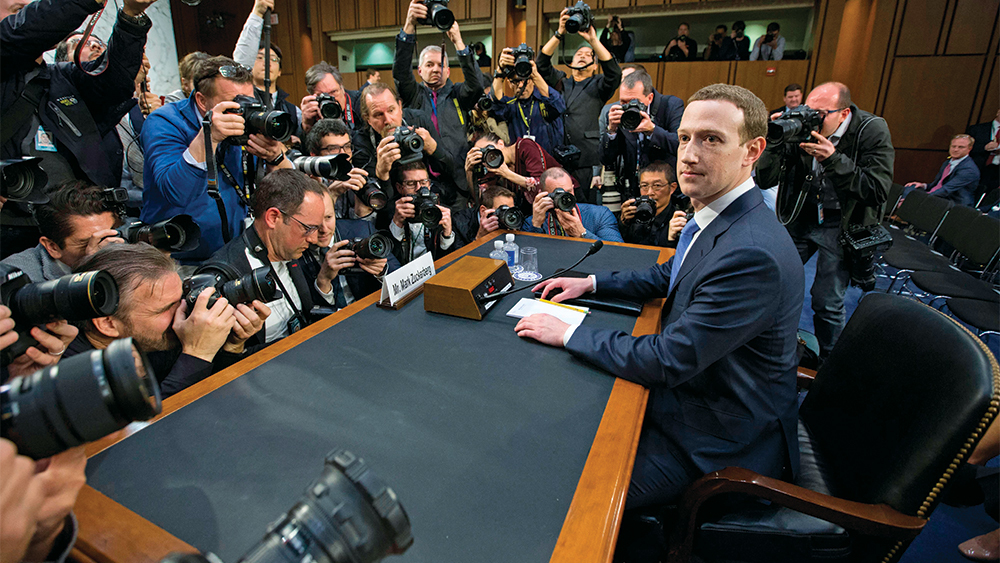 This article is by LSE MSc student Jae Aron. She previously worked as a political consultant for Democratic campaigns in Washington, DC. Follow her on Twitter @Jae_Aron
This article is by LSE MSc student Jae Aron. She previously worked as a political consultant for Democratic campaigns in Washington, DC. Follow her on Twitter @Jae_Aron
Public broadcasting is on red alert.
Since the 1920s, the BBC has been hailed as the cornerstone public broadcasting in the UK and around the world. But a controversial ‘Green Paper’ could fundamentally alter public broadcasting as we know it in the UK.
The 86-page document, examining the BBC’s size and scope, is a “savage attack on the BBC”, according to Toby Syfret, a media expert at Enders Analysis.
Toby Syfret – Public Service Broadcasting in the modern age from Polis Video on Vimeo.
Syfret’s talk began with an overview of the UK’s longstanding public broadcasting tradition (the BBC is publicly funded in the form of a license fee, which is set periodically by the Government and is up for review this year).
Of course, public broadcasting requires a significant financial investment – and has many critics asking questions about the BBC’s license-based business model. This comes on the heels of falling viewership, a trend that seems to be accelerating with the explosion of online media.
In fact, the BBC forecasts a decline in funding by 10 per cent in real terms over the next five years. And projections by Enders Analysis show that its share of the British TV revenues will drop from 22 per cent in 2010 to 12 per cent by 2026.
The impact of online viewing is particularly conspicuous among younger demographics: thanks to the growing popularity of online streaming services, like Netflix, more and more people are watching content outside the “linear schedule” – or what Syfret calls “Flex-linear viewing.”
This online migration away from broadcast television sparked a lively exchange between audience members and Syfret. The debate revealed a generational split, with Syfret betting on the continued dominance of live TV for the next 20 years, and students countering that “no one watches TV anymore.”
Who got it right? No public talk or economic model can say for sure. But one thing’s for sure: the future of public broadcasting in the modern age is more tenuous than ever.
@Jae_Aron
Further reading:
Highlights from BBC Trust event at LSE
The Future of the BBC- Polis Blog






